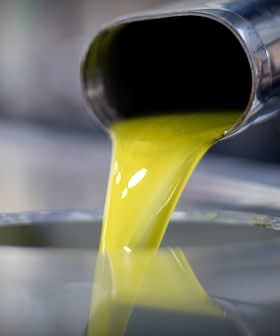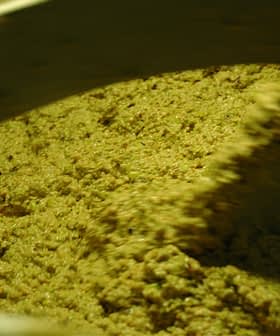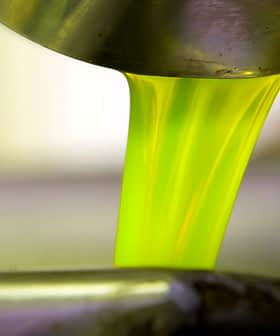Extra Virgin Olive Oil-Enriched Chocolate Benefits People With Type 2 Diabetes, Study Finds

A study found that chocolate enriched with extra virgin olive oil improved endothelial function and reduced oxidative stress in patients with type 2 diabetes mellitus, who are at high risk for atherosclerosis. The research showed that this combination positively impacted patients by increasing endothelial function and reducing oxidative stress, which could potentially decrease the risk of developing atherosclerosis in individuals with type 2 diabetes.
A new study has confirmed that chocolate enriched with extra virgin olive oil improves endothelial function and oxidative stress in patients with type 2 diabetes mellitus.
Endothelial dysfunction and oxidative stress are some of the most important mechanisms underlying the atherosclerotic process in type 2 diabetes, meaning these patients are at a high risk of developing systemic atherosclerosis.
Atherosclerosis is a disease whereby plaque forms inside the arteries. Eventually, this leads to the narrowing of the arteries and impacts the amount of oxygen-rich blood that flows to the organs and around the body.
See Also:Health NewsThe study was conducted by researchers from the Sapienza University of Rome and the Mediterranea Cardiocentro in Naples.
“The aim of our study was to assess the effect of extra virgin olive oil in addition to chocolate on endothelial function and oxidative stress in diabetic patients,” Roberto Carnevale and Lorenzo Loffredo from the Sapienza University of Rome told Olive Oil Times.
They decided not to use a high cocoa content as is seen in dark chocolate.
“A higher dose of cocoa (e.g., greater than 85 percent), as previously we published, could hide the effect of extra virgin olive oil on endothelial dysfunction and oxidative stress,” the two said. “Thus, we used low cocoa concentration with or without extra virgin olive oil to better evaluate these effects.”
The researchers also used an equal amount of sugar in both chocolate spreads used.
The study involved 25 people with type 2 diabetes who were randomized to receive either 40 grams of extra virgin olive oil-enriched chocolate spread or 40 grams of control chocolate spread.
See Also:High-Polyphenol extra virgin olive oil May Lower Risk of Vascular Diseases Associated with DiabetesEndothelial function was assessed by arterial brachial flow-mediated dilation and oxidative stress was evaluated by measuring serum NADPH oxidase‑2 activation (a key enzyme of atherosclerotic progression), nitric oxide availability (a marker of endothelial dysfunction) and serum hydrogen peroxide break-down activity (a marker that evaluates the antioxidant status).
The patients were assessed at baseline and again two hours after eating the chocolate.
The research team observed a significant increase in arterial brachial flow-mediated dilation, nitric oxide availability and hydrogen peroxide break-down activity in the group that ingested the extra virgin olive oil-enriched chocolate spread. Conversely, NADPH oxidase‑2 activation levels significantly decreased in this group.
The results demonstrated that chocolate-enriched with extra virgin olive oil positively impacted patients by increasing endothelial function and reducing oxidative stress in type 2 diabetes patients.
The findings are promising for patients with type 2 diabetes. Considering that approximately 415 million people live with diabetes around the world, studies like this are invaluable.
Furthermore, type 2 diabetes is one of the most common and essential factors for developing cardiovascular disease. If endothelial dysfunction and oxidative stress can be improved, the risk of developing atherosclerosis could decrease.









